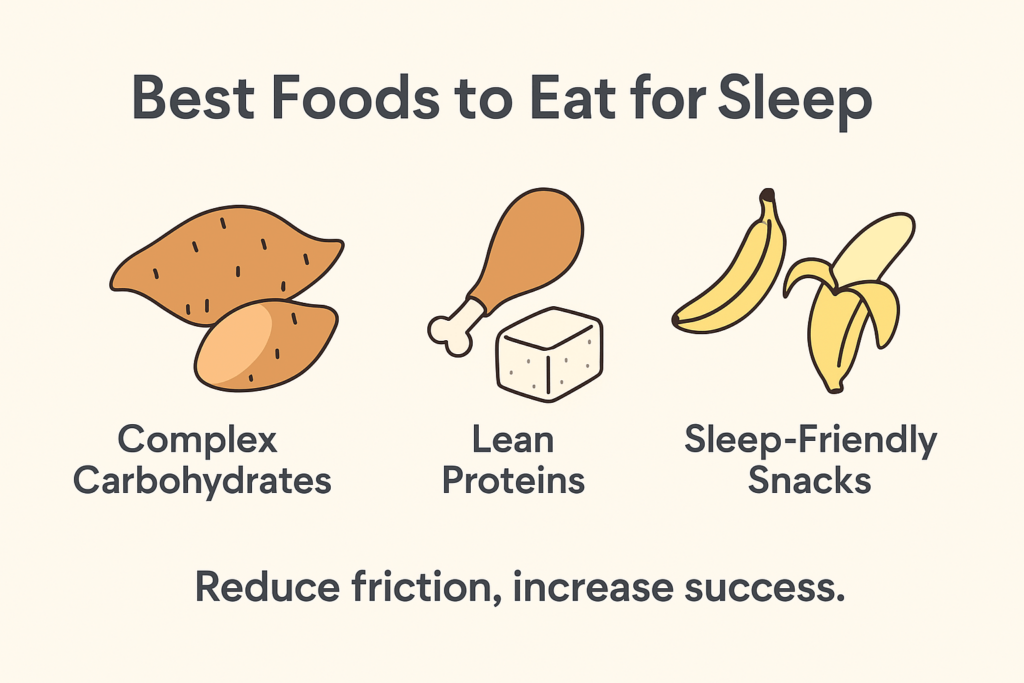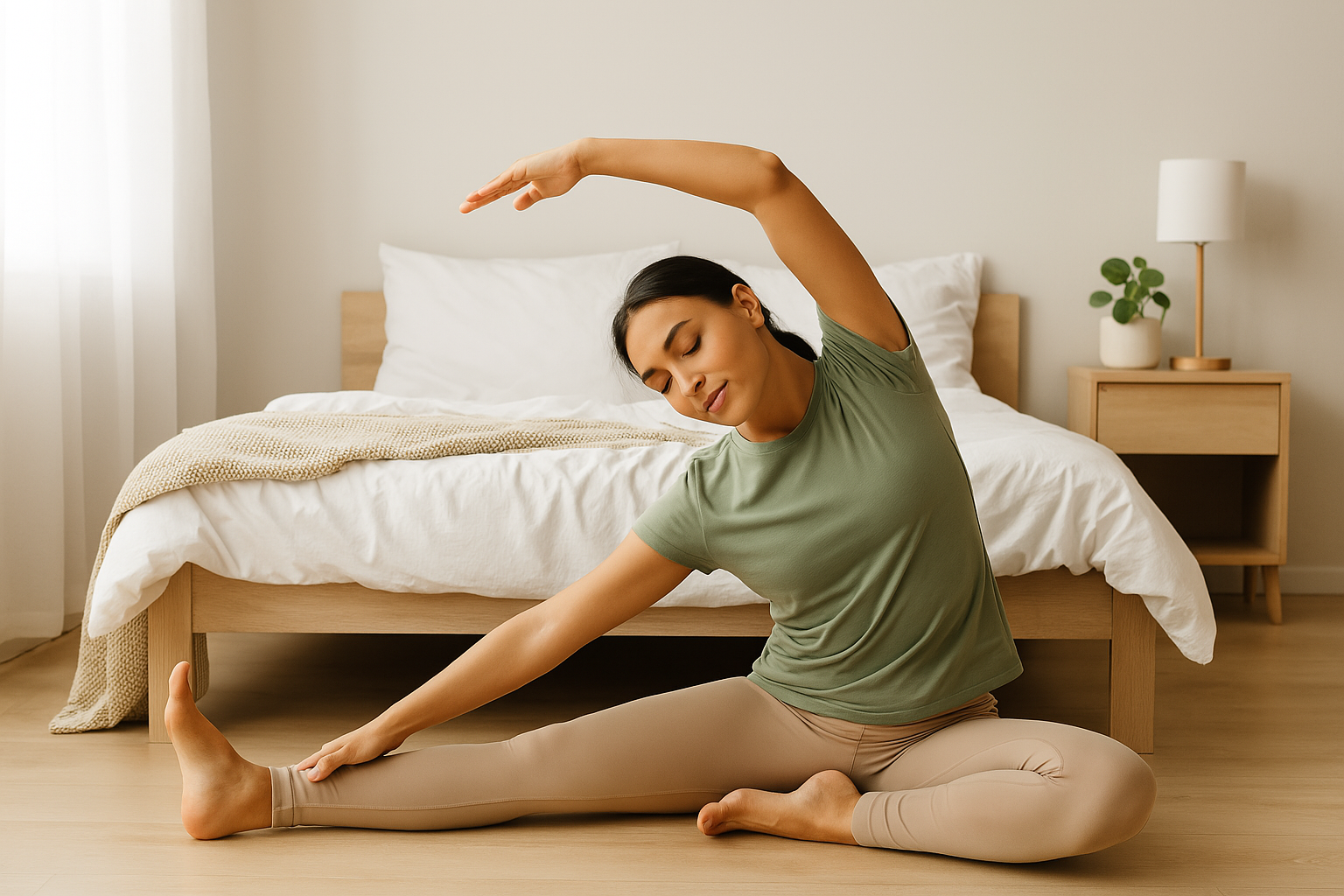If you’ve ever tossed and turned at night, you’re not alone. Millions of people struggle to get quality sleep. Fortunately, you can improve sleep with exercise and diet—two powerful, proven tools that work together to reset your sleep cycle naturally.
Let’s break down how to get started.
How Exercise Helps Improve Sleep Naturally
Fall Asleep Faster Through Physical Activity
Exercise raises your core body temperature, which later drops and signals to your brain that it’s time to rest. This cooling process helps your body wind down more efficiently.
Boost Deep Sleep with Regular Aerobic Exercise
Incorporating moderate aerobic activity, such as brisk walking, swimming, or cycling, has been shown to improve the quality of slow-wave sleep—the most restorative phase of your sleep cycle.
Lower Stress Hormones for Better Rest
Beyond physical benefits, exercise also reduces stress hormones like cortisol and adrenaline. As a result, your nervous system becomes more relaxed, which prepares you for deeper, uninterrupted rest.
Best Time to Exercise for Quality Sleep
• Best: Morning or early afternoon
• Okay: Evening, if it’s light to moderate
• Avoid: Intense exercise 1–2 hours before bed
Need help staying consistent with daily movement? TomatoSMS makes it easy by tracking your activity and sending gentle reminders—all by text message.
How Diet Affects Sleep Quality and Duration
1. Complex Carbohydrates
Foods rich in complex carbs support the production of serotonin and melatonin, which are essential for sleep regulation.
Top choices include:
- Brown rice, oats, quinoa
- Sweet potatoes
- Whole grain bread or pasta
2. Lean Proteins
Tryptophan, an amino acid found in protein-rich foods, helps your body create serotonin and melatonin.
Sleep-friendly protein options:
- Turkey, chicken
- Tofu, eggs
- Greek yogurt
3. Sleep-Friendly Snacks
Having a small, balanced snack 1–2 hours before bed can ease you into sleep without disrupting digestion.
Smart late-night bites:
- Banana with almond butter
- Oatmeal with milk
- Whole grain toast with turkey
To make logging your food easy, just text your meals to TomatoSMS. It automatically tracks your macros, calories, and highlights ingredients—like caffeine or sugar—that could affect your sleep.

What to Avoid to Sleep Better at Night
Steering clear of common disruptors can make a big difference in your sleep quality:
- Caffeine (after 2 PM): It can linger in your system for 6–8 hours and delay sleep.
- Alcohol: Although it may make you drowsy at first, it disrupts deep sleep and causes frequent wake-ups.
- Heavy Meals: Large or spicy meals close to bedtime often lead to indigestion and discomfort.
Additional Sleep Tips to Complement Diet and Exercise
Creating a restful environment and routine can help reinforce the effects of nutrition and movement:
- Stick to a consistent sleep schedule—even on weekends
- Wind down with a calming pre-bedtime routine
- Keep your bedroom cool, quiet, and dark
- Use a tracker like TomatoSMS to log habits that support better sleep
In Summary
You don’t need pills or gadgets to sleep better—you need a smart, sustainable routine. You can improve sleep with exercise and diet by staying active, eating for your sleep hormones, and tracking your progress daily.
TomatoSMS helps you stick to these habits effortlessly. Just text your meals, movement, or hydration, and get personalized insights every day.
👉 Start free with TomatoSMS today and wake up feeling more rested tomorrow.
